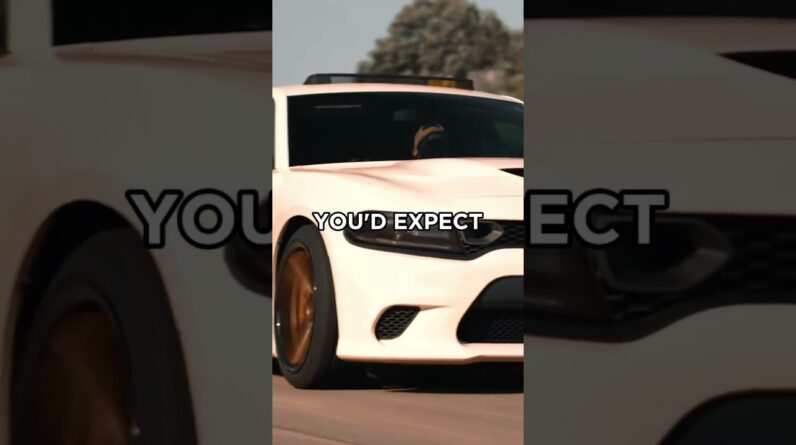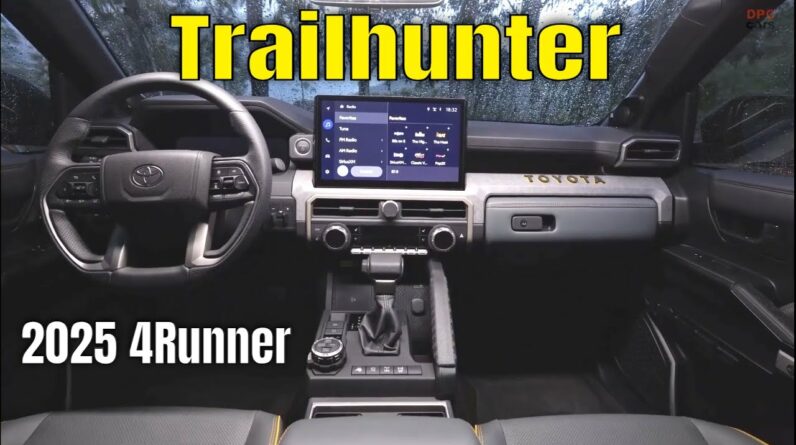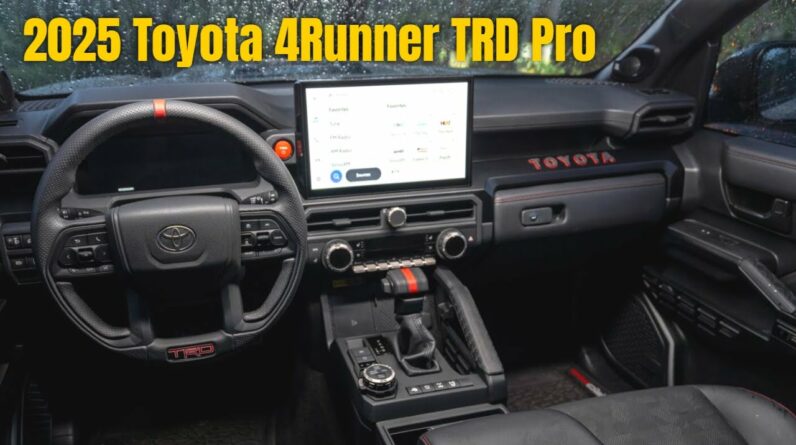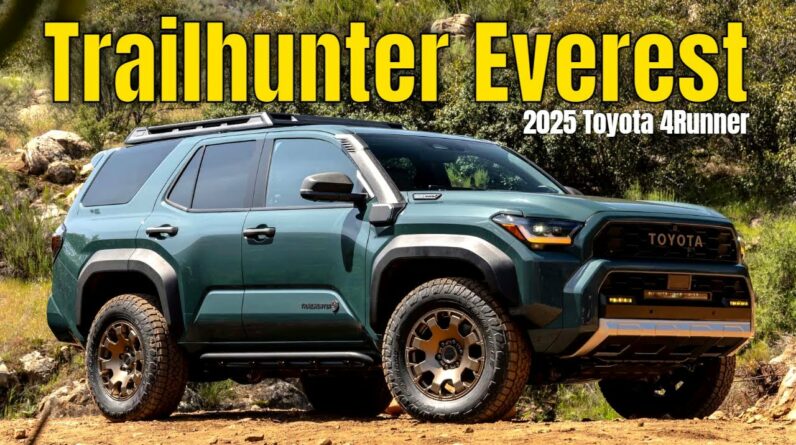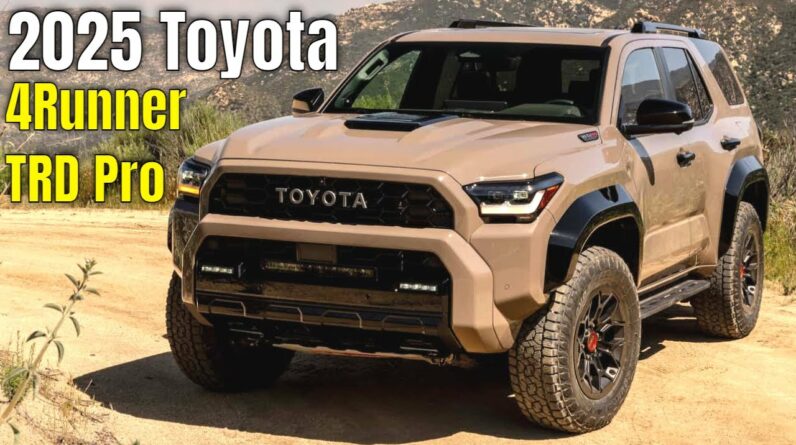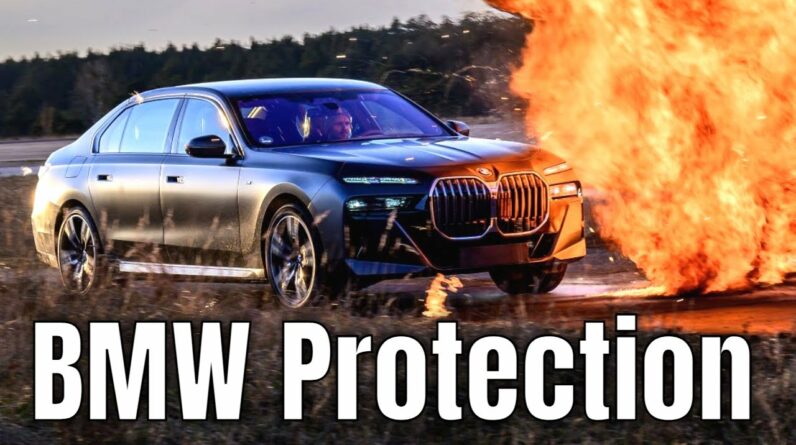After bidding farewell to the American market post its 2022 model, Volkswagen’s ever-popular Passat marches on in Europe, now underpinned by the sophisticated MQB architecture in its ninth-generation avatar. A true veteran since 1973, the Passat has etched its legacy with over 30 million units sold, making it one of Wolfsburg’s best-selling nameplates, just trailing the Golf and leading ahead of the Beetle. The fresh B9 iteration arrives exclusively as a wagon, marking the definitive end of the sedan variant.
Underneath the skin, the 2024 Passat Variant receives a substantial upgrade with the MQB Evo platform, a genetic connection it shares with the forthcoming Tiguan and the updated Golf Mk8. A significant growth spurt is evident in its dimensions, now measuring 193.5 inches (4917 millimeters) in length, signifying an impressive 5.7-inch (144 mm) increase. The width stretches by 0.8 inches (20 mm) to 72.9 inches (1852 mm), while height maintains its stance at 59.2 inches (1506 mm). This evolution is further underscored by a wheelbase extension of 1.97 inches (50 mm) to 111.8 inches (2841 mm).
Embracing an evolutionary design philosophy, the new Passat embraces visual cues from VW’s electric ID lineup, offering a sense of fresh futurism. Trim levels—Passat, Business, Elegance, and R-Line—distinctly shape the exterior appearance, accompanied by wheel options reaching 19 inches. Inside, a bold departure is observed as the majority of conventional switchgear yields space to a commanding 12.9-inch touchscreen, optionally expandable to 15 inches. Farewell to analog dials is greeted with a fully digital 10.25-inch instrument cluster. Ingeniously relocating the gear selector opens up valuable room between the front seats, akin to the innovative ID.7 sedan, and introduces a new switch layout for turn signals and wipers. The front-row experience elevates with available heated, ventilated, and massaging seats sporting 14-way electrical adjustment.
The Passat’s transformation isn’t just skin-deep; it translates into augmented spatial abundance. Legroom and cargo capacity both enjoy a significant expansion, adding 1.41 cubic feet (40 liters) to the luggage area, summing up to 24.3 cubic feet (690 liters) with the seats up. Folding the rear bench releases a capacious 67.8 cubic feet (1920 liters), an impressive 4.9 cubic feet (140 liters) gain compared to its predecessor.
A diverse powertrain lineup meets the new Passat’s demands, introducing a mild-hybrid gasoline engine for the first time in its history—a 1.5-liter eTSI unit producing 148 horsepower (110 kilowatts). Elevating the performance ladder is a 2.0 TSI engine offered with 201 hp (150 kW) for front-wheel-drive and a more robust 261 hp (195 kW) configuration for 4Motion all-wheel drive. Diesel aficionados find a trio of 2.0 TDI options ranging from 121 hp (90 kW) and 148 hp (110 kW) for front-wheel-drive, and a 190 hp (142 kW) version with all-wheel drive. Both gasoline and diesel variants deploy a seven-speed dual-clutch automatic transmission.
Introducing the “eHybrid” badge, the Passat embraces plug-in hybrid technology with options offering 201 hp (150 kW) and 258 lb-ft (350 Nm) of torque, along with a higher-powered iteration generating 268 hp (200 kW) and 295 lb-ft (400 Nm) of torque. These plug-in hybrids integrate a 1.5-liter TSI engine, mated to a six-speed DSG gearbox and a substantial 19.7-kWh battery pack, enabling an impressive electric range of up to 62 miles (100 kilometers).
A remarkable addition to the Passat’s arsenal is its compatibility with 50 kW DC fast-charging, capable of replenishing the battery from 10 to 80 percent in a mere 25 minutes. With a fully charged battery and a brimmed fuel tank of 11.9 gallons (45 liters), a substantial driving range of about 621 miles (1000 kilometers) becomes a reality.
The 2024 VW Passat is primed for its public debut at the IAA Munich event, with sales expected to commence in the first quarter of the upcoming year. Notably, production has shifted from Germany to Bratislava, Slovakia, sharing manufacturing space with the new Skoda Superb. While the Passat embraces the wagon form exclusively, its Czech counterpart retains both liftback and wagon body styles, solidifying the Passat’s distinct identity.
Get More Great Car Videos – Subscribe: https://goo.gl/BSIaFc


